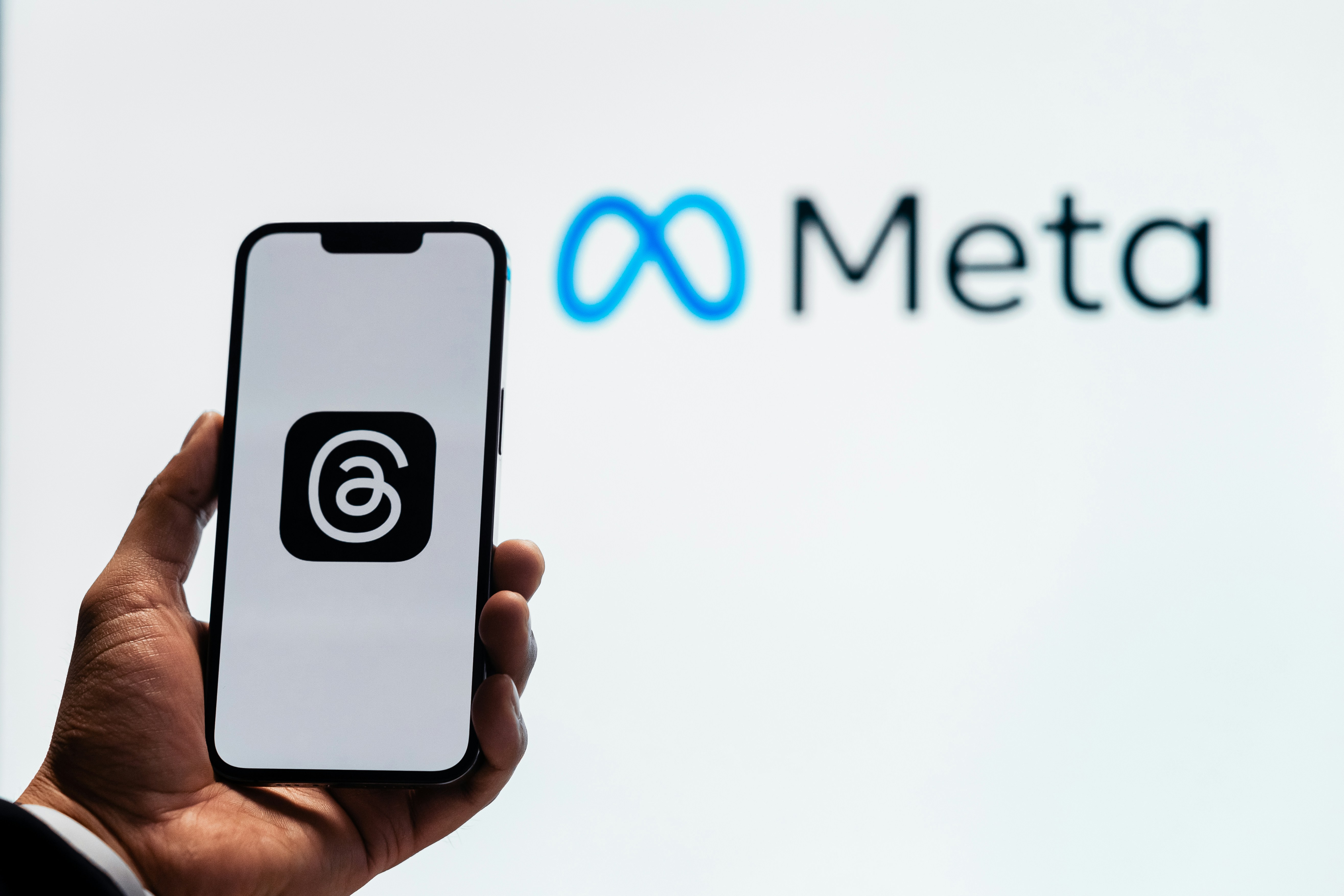Metas Yann LeCun: Current AI Methods Wont Achieve Human-Level Intelligence

Yann LeCun, Meta’s chief AI scientist, has made a bold assertion that large language models (LLMs) will not achieve human-level intelligence. Speaking at a recent AI conference, LeCun criticized the current trajectory of AI research, suggesting that the prevalent methods used in developing LLMs are inherently flawed. This statement has significant implications for the AI research community, potentially prompting a reevaluation of future directions in AI development.
II. Background Information
Large language models, or LLMs, are a type of artificial intelligence designed to process and generate human-like text based on vast datasets. These models have been celebrated for their ability to perform a wide range of tasks, from language translation to content creation. However, they rely heavily on pattern recognition and statistical correlations, without true understanding or awareness.
Current AI methodologies focus on training these models with enormous amounts of text data, allowing them to mimic human language to an impressive degree. Despite their capabilities, LLMs remain limited in their ability to grasp the deeper context and nuances inherent in human cognition.
III. LeCun’s Critique of LLMs
LeCun’s critique centers on the fundamental limitations of LLMs in replicating human intelligence. He argues that while these models can generate coherent and contextually relevant text, they lack a true understanding of the world. This deficiency means that LLMs cannot engage in genuine reasoning or possess common sense, which are critical components of human intelligence.
Examples of these limitations include LLMs’ inability to perform tasks requiring real-world knowledge and contextual judgment. For instance, while an LLM can generate a news article, it may struggle to accurately fact-check information or understand complex socio-political contexts without explicit training on those specific datasets.
IV. Introduction to ‘World Modelling’
To address these shortcomings, LeCun advocates for a new paradigm in AI development known as ‘world modelling.’ This approach focuses on building AI systems capable of constructing and utilizing detailed representations of the real world. Unlike LLMs, which rely on text data, world modelling aims to create systems that can learn from a diverse range of inputs, including visual, auditory, and sensory data.
World modelling would enable AI systems to understand and interact with the world in a more human-like manner. These systems could reason about physical objects, social dynamics, and abstract concepts, leading to more sophisticated and intelligent behavior.
V. Implications for AI Research
LeCun’s critique and his proposal for world modelling have the potential to significantly influence the direction of AI research. Researchers and funding bodies may shift their focus towards developing new methodologies that prioritize comprehensive world understanding over simple pattern recognition. This shift could lead to breakthroughs in AI capabilities, moving closer to achieving human-level intelligence.
Other AI researchers and experts have offered mixed reactions to LeCun’s vision. Some agree that a new approach is necessary to overcome the limitations of LLMs, while others believe that improvements to existing models could still yield significant advancements.
VI. Industry and Academic Reactions
The AI industry and academic community have responded with keen interest to LeCun’s statements. Key figures in AI research have weighed in on the debate, providing their perspectives on the feasibility and potential of world modelling. Some view LeCun’s critique as a timely call to innovate and rethink AI methodologies, while others remain cautious about abandoning the progress made with LLMs.
Public and media responses have also been significant, with many outlets covering the debate and its implications for the future of AI. The discussion has highlighted the need for a balanced approach to AI development, considering both the strengths and limitations of current technologies.
VII. Future Prospects
Looking ahead, the future of AI research may see a blend of incremental improvements to LLMs and exploratory efforts in world modelling. Predictions suggest that integrating world modelling techniques could lead to AI systems with more robust reasoning and contextual understanding.
LeCun’s long-term vision for AI involves creating systems that can operate autonomously in complex environments, demonstrating true superintelligence. Achieving this goal will require substantial advancements in AI research, guided by innovative approaches like world modelling.
VIII. Conclusion
Yann LeCun’s critique of large language models and his advocacy for world modelling represent a significant moment in the ongoing evolution of artificial intelligence. By challenging the current methodologies and proposing a new direction, LeCun has sparked an important debate about the future of AI and its potential to achieve human-level intelligence. As the AI community continues to explore these ideas, the quest for superintelligent AI systems remains a dynamic and exciting field of research.
Author: Ricardo Goulart
From Chip War To Cloud War: The Next Frontier In Global Tech Competition
The global chip war, characterized by intense competition among nations and corporations for supremacy in semiconductor ... Read more
The High Stakes Of Tech Regulation: Security Risks And Market Dynamics
The influence of tech giants in the global economy continues to grow, raising crucial questions about how to balance sec... Read more
The Tyranny Of Instagram Interiors: Why It's Time To Break Free From Algorithm-Driven Aesthetics
Instagram has become a dominant force in shaping interior design trends, offering a seemingly endless stream of inspirat... Read more
The Data Crunch In AI: Strategies For Sustainability
Exploring solutions to the imminent exhaustion of internet data for AI training.As the artificial intelligence (AI) indu... Read more
Google Abandons Four-Year Effort To Remove Cookies From Chrome Browser
After four years of dedicated effort, Google has decided to abandon its plan to remove third-party cookies from its Chro... Read more
LinkedIn Embraces AI And Gamification To Drive User Engagement And Revenue
In an effort to tackle slowing revenue growth and enhance user engagement, LinkedIn is turning to artificial intelligenc... Read more

